Qatar to invest $3 billion in Pakistan’s trade, energy, transport sectors
Two countries sign protocol outlining commitments to expand bilateral collaboration in different sectors
Business Desk
The Business Desk tracks economic trends, market movements, and business developments, offering analysis of both local and global financial news.
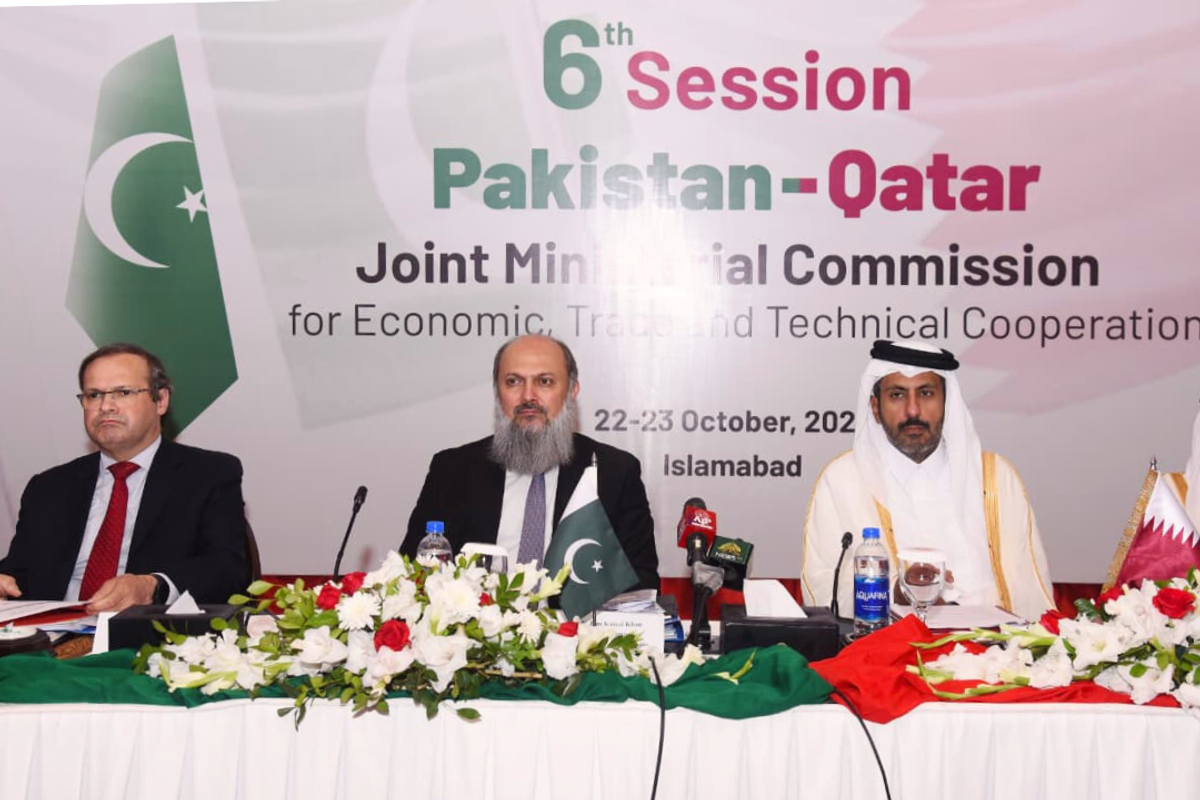
Pakistan’s Federal Minister for Commerce Jam Kamal Khan and Qatar’s Minister of Commerce and Industry Sheikh Faisal bin Thani bin Faisal Al Thani address the media on Thursday
Economic Affairs Division
Qatar will invest $3 billion in Pakistan’s transport, aviation, energy and health sectors, an official statement said on Thursday.
The investment will be made through the Qatar Investment Authority and other channels, according to the Ministry of Economic Affairs’ statement issued after the sixth session of the Pakistan-Qatar Joint Ministerial Commission (JMC).
The two-day session, held in Islamabad on October 22-23, brought together senior officials from both countries. The delegation was led by Pakistan’s Federal Minister for Commerce Jam Kamal Khan and Qatar’s Minister of Commerce and Industry Sheikh Faisal bin Thani bin Faisal Al Thani.
“The sixth session of the JMC will serve as a milestone in strengthening Pakistan-Qatar economic relations,” said Muhammad Humair Karim, Secretary of the Ministry of Economic Affairs, expressing optimism about the investment’s potential to spur growth.
Transport, energy, and aviation cooperation
The two sides have signed a protocol outlining commitments to expand collaboration in trade, investment, energy, transport, and technology.
The agreement also calls for enhanced cooperation in the transport sector, including public transport systems such as rail, metro, and bus networks.
The two sides agreed to explore green transport technologies, including electric, autonomous, and hydrogen vehicles, and discussed potential Qatari participation in major infrastructure projects like the Kharian–Rawalpindi Motorway (M-13) and Karachi-Hyderabad Motorway through public-private partnerships or direct financing.
In aviation, both governments agreed to hold bilateral consultations between their aeronautical authorities in early 2026 to strengthen civil aviation cooperation.
Education, health, and cultural exchange
The JMC protocol also emphasized collaboration in education, health, and culture. Both countries agreed to finalize a draft Executive Programme (2025-2028) for higher education and scientific research and a proposed MoU on Technical and Vocational Education and Training to boost skill development.
In health, officials agreed to expand cooperation between Pakistan and Hamad Medical Corporation, the principal public healthcare provider in Qatar, facilitate the exchange of medical expertise, and explore mutual recognition of pharmaceuticals and medical instruments.
Cultural and media cooperation will also be strengthened, including a news exchange agreement between the government news agencies of the two countries.
Both sides agreed to encourage joint productions and establish a rolling “Year of Culture” program featuring film, heritage, and museum collaborations.
Technology and labor collaboration
In the digital sector, the protocol prioritizes collaboration in e-governance, smart cities, and digital transformation. The Qatar Science & Technology Park (QSTP) and Pakistan’s Special Technology Zones Authority (STZA) will work together to promote innovation and connect startups with investors.
On labor cooperation, both countries reaffirmed their commitment to expanding the deployment of skilled Pakistani workers to Qatar and to updating the existing 1987 bilateral labor agreement to meet the Gulf nation’s evolving labor market needs.
“The Government of Pakistan remains steadfast in its commitment to fostering strong economic and technical cooperation with Qatar,” the Ministry of Economic Affairs said in a statement, adding that the partnership would “pave the way for mutual prosperity and growth.”


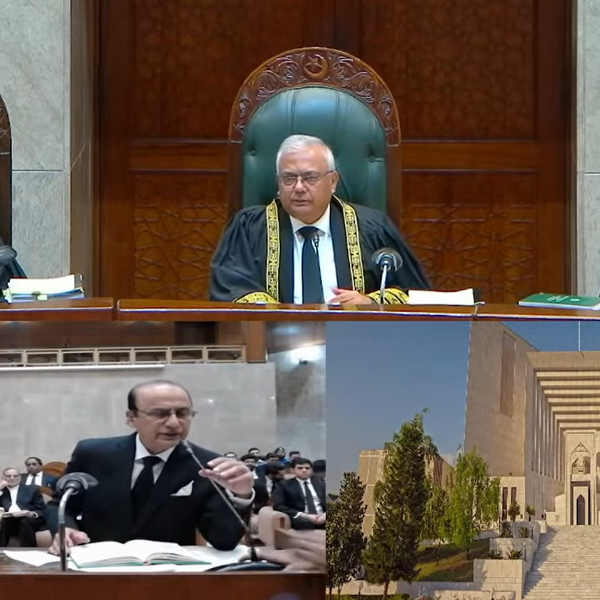
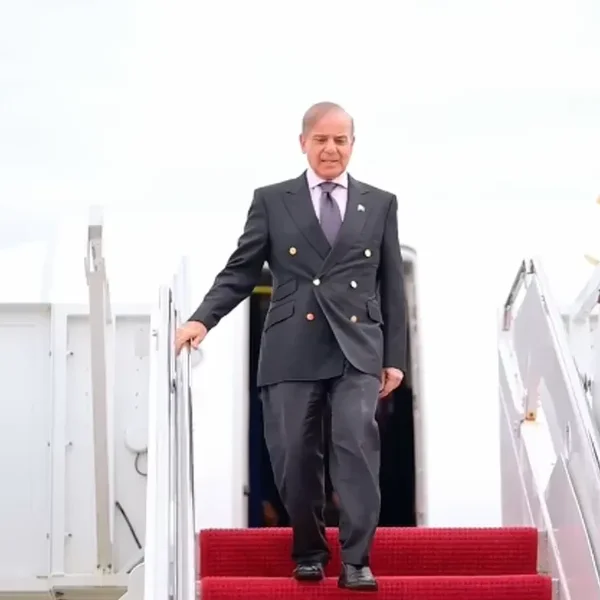
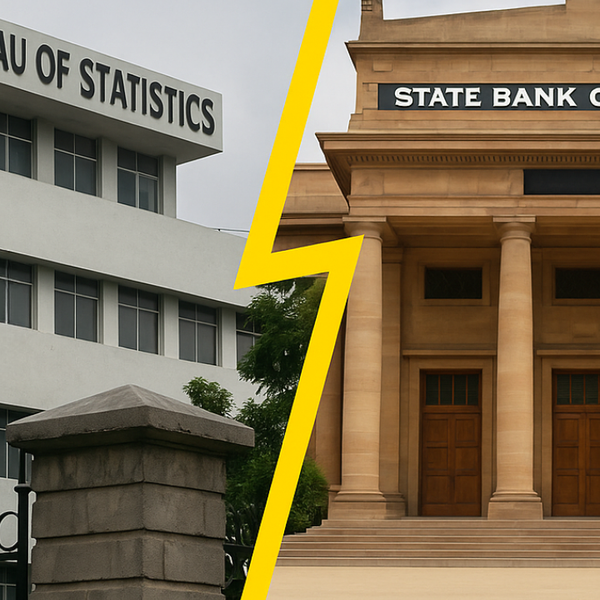
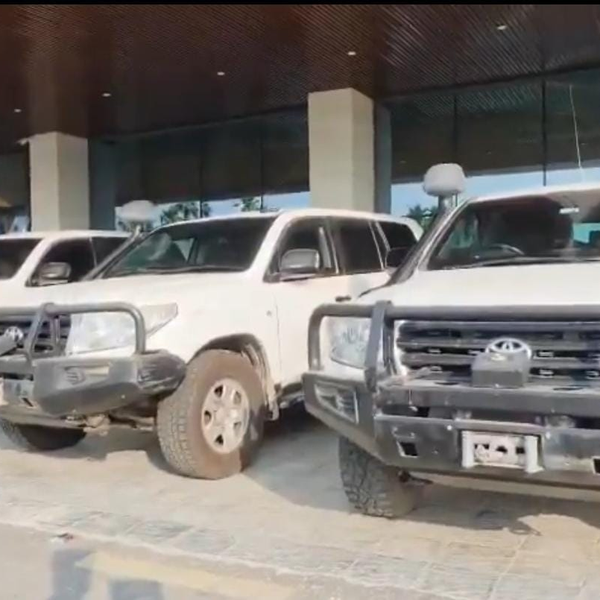
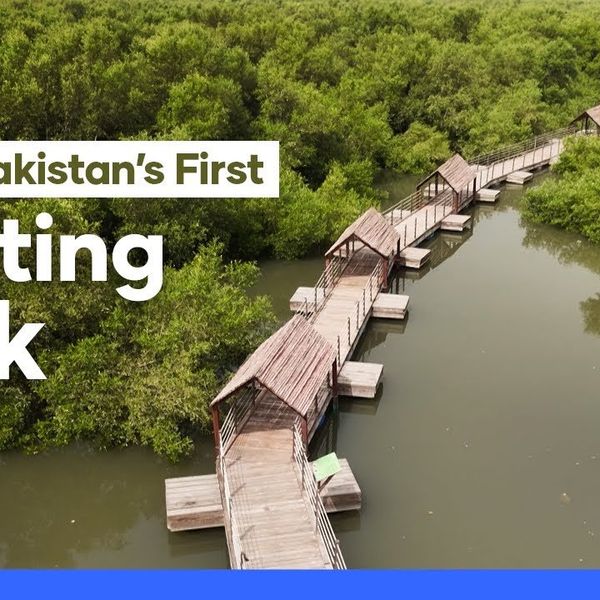



Comments
See what people are discussing